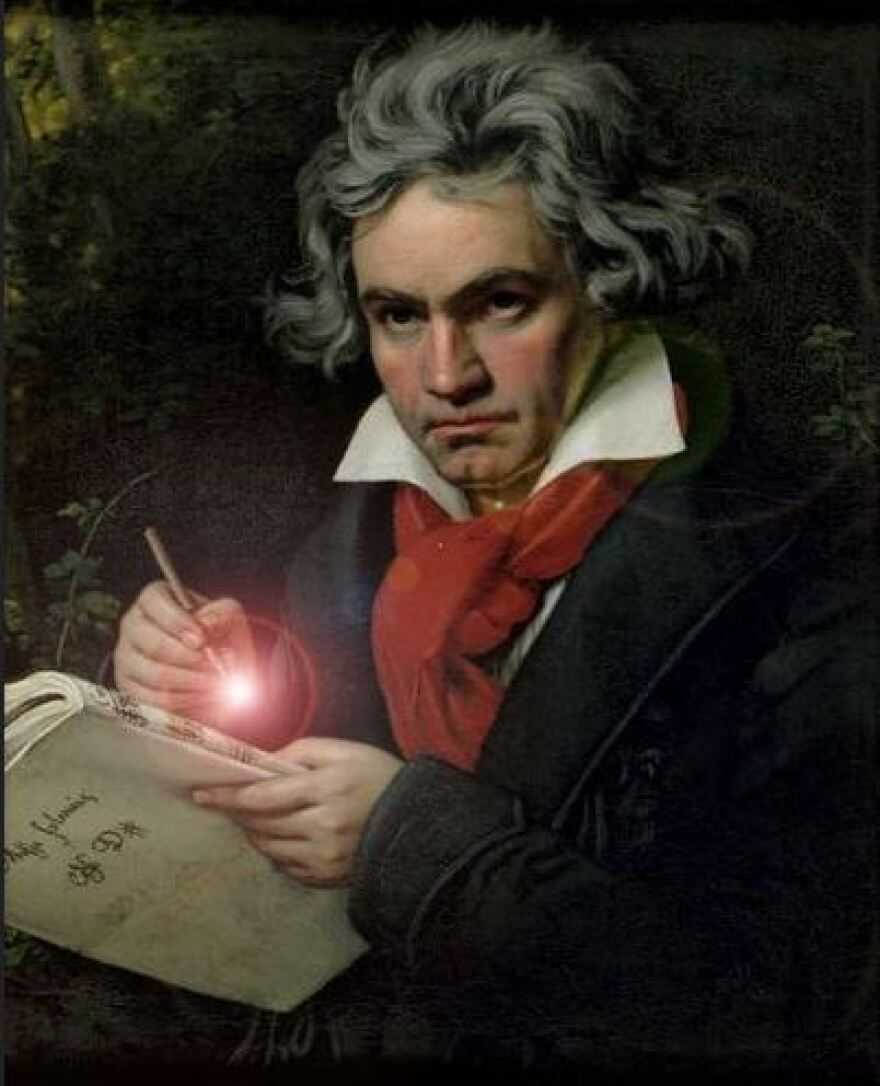A team of researchers from the University of Michigan and the University of Washington believes that Beethoven’s music came from his heart – literally. The team is proposing an intriguing theory: that Beethoven’s masterful compositions were influenced by his cardiac arrhythmia.
Dr. Joel Howell is a professor of internal medicine at the University of Michigan School of Medicine, a medical historian and a member of the team that has developed this theory.
The team also includes Zachary Goldberger, a cardiologist at the University of Washington School of Medicine, and Robert Johnson, a musicologist specializing in Beethoven from the University of Michigan’s School of Music, Theatre & Dance.
It was a mixture of their specialties that led to the emergence of the theory.
Experts speculate Beethoven had several different diseases, many of which would lead to abnormal heart rhythms.
How, though, did Howell and his team reach its conclusion that Beethoven’s compositions were influenced by his heart problems?
Howell says the final movement in Beethoven’s Cavatina, Opus 130, a string quartet in b flat minor, gives some clues.
“That particular section and some of the other sections make us think that perhaps he was experiencing some kind of shortness of breath, that he wasn’t able to breathe because his heart was malfunctioning,” Howell said.
The team further inferred that it’s likely Beethoven would be extra aware of his heartbeat, because he was deaf.
Beethoven also offered this clue: “He talks about himself as a piece of music being ‘heavy of heart,’” said Howell.
“Heavy of heart can mean a lot of things. It can mean you’re sad, it can mean heartsick because of some loss. But it can also mean that you’re literally feeling a heaviness upon your heart. Nowadays, we would call that ‘angina,’” Howell said. “In Beethoven’s day, we didn’t have that term.”
Of course, a proof of this theory will never come for many reasons, one of which is that tools to diagnose heart disease were invented long after Beethoven’s time. Still, the theory has been well received.
“Looking at the rhythms and trying to figure out where they came from in no sense is to imply that he was simply formulaically taking what he felt in his body and writing it down in music,” Howell said. “I think he was using that as one source of inspiration amongst many sources of inspiration that he used to write his music.”
Listen above to hear the interview with Dr. Joel Howell.


